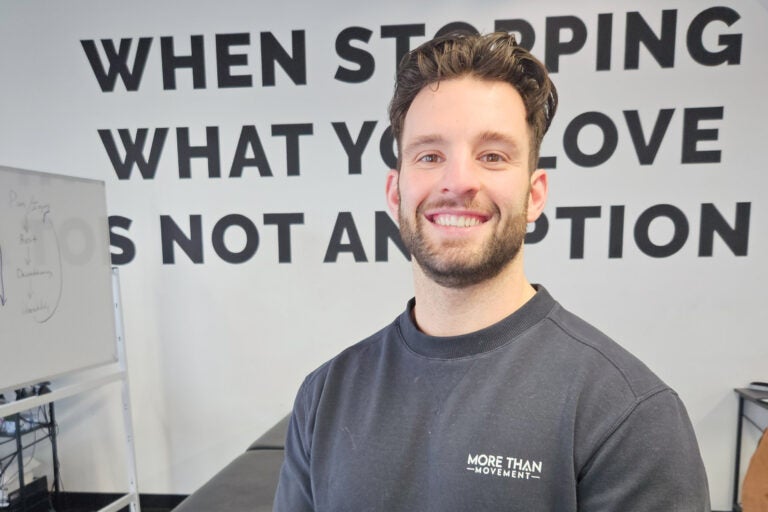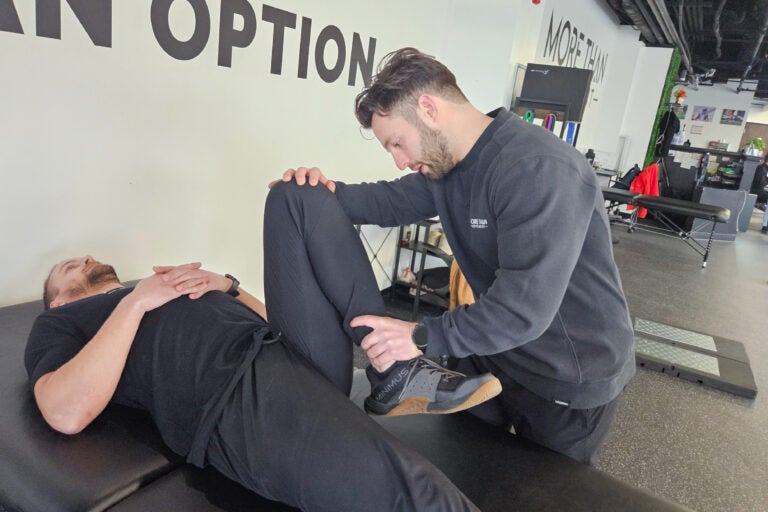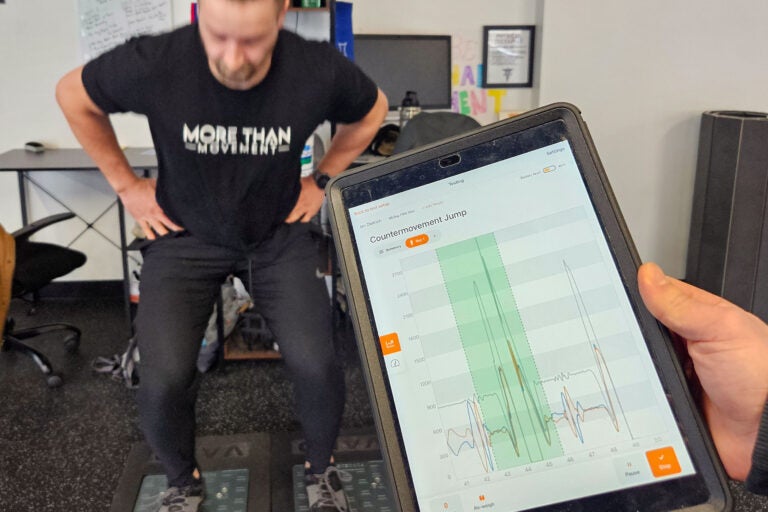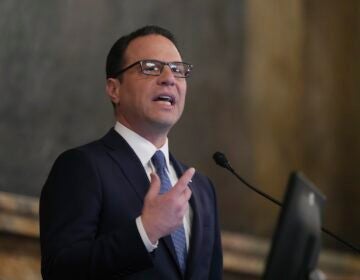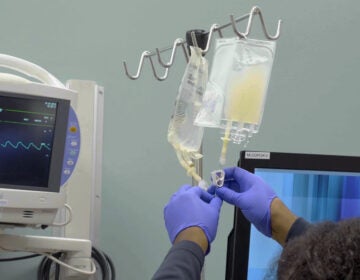As Gov. Shapiro calls for private equity ‘reform’ in Pennsylvania health care, where are investments growing?
One report by a watchdog organization identified nearly 900 health care locations in Greater Philadelphia that are backed by private equity firms.
Listen 4:47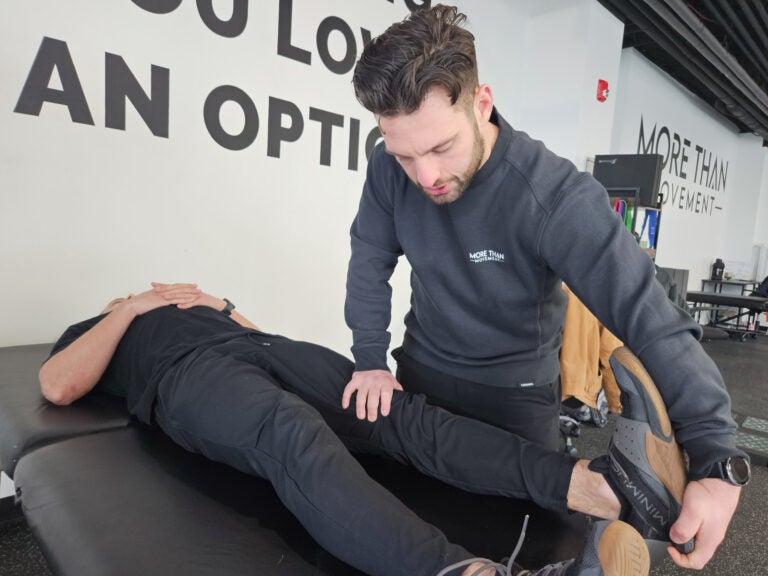
At More Than Movement, an independent physical therapy and fitness practice in Northern Liberties, Philadelphia, owner and physical therapist Nicholas Perugini assesses clients for injuries and pain that they’re experiencing and seeking rehabilitation for. (Nicole Leonard/WHYY)
From Philly and the Pa. suburbs to South Jersey and Delaware, what would you like WHYY News to cover? Let us know!
More Than Movement in Philadelphia looks a bit like a small gym with exercise machines and weights, and a bit like a physical therapy practice with padded tables for treating patients.
The independently owned Northern Liberties business is both, offering a variety of services to clients.
“We have our tables down for our one-on-one therapy interventions and treatments, assessments,” said practice owner and physical therapist Nicholas Perugini. “On the other end of the space is where we open up things for our small group memberships.”
On an average day, some clients will do rehabilitation with physical therapists to resolve pain or injuries while others work with fitness coaches to build long-term strength, mobility and flexibility.
This hybrid approach, Perugini said, that combines physical therapy and fitness has been a successful business model. And business can be tough in the health care sector.
“In [traditional] health care, specifically the insurance-based game, there are a few variables,” he said. “How many people you’re seeing per hour, how many units you’re billing per hour and reimbursement rate. So, to make a business work, you have to see volume.”
Perugini’s practice doesn’t take health insurance, so it’s considered out of network for coverage. But it also means he doesn’t have to deal with the billing issues or low reimbursement rates that other practices and owners may struggle with — so much so that they might sell to a private equity firm offering a lifeline of immediate cash and administrative support.
“For a clinic operating with maybe slim margins, in a tough spot, barely staying alive, obviously it seems like a great lifesaver to take advantage of an opportunity that comes to them,” Perugini said.
Private equity in Philadelphia and Pennsylvania health care
Physical therapy is just one area of health care seeing growing investment from private equity firms in the Philadelphia region, according to watchdog organizations like the Private Equity Stakeholder Project.
Outcomes are mixed on how private equity investments affect patient care, the workforce and market stability, with some high-profile cases of hospital or practice closures leading the headlines. Now, Pennsylvania Gov. Josh Shapiro wants state lawmakers to pass bills that increase transparency and oversight on how these companies operate in the commonwealth.
“Let’s reform the way private equity has infected our health care system,” Shapiro said during his annual budget address before the state legislature earlier this month.
The governor didn’t mince words in describing his take on the impact of private equity. “They buy up hospitals and health care facilities, line their pockets by stripping money and resources from those facilities, and then they compromise care. Then in many cases, they skip town, leaving taxpayers holding the bag and communities without the care and services they need.”
Private equity in health care refers to a firm or company that raises money, or capital, from investors. They then use that money to buy out or gain a controlling stake in a hospital system, private practice or physician group.
The goal is to generate profits from the health care business and pay back investors with interest over a short time period. Typically, that can be three to seven years.
“And in health care, private equity is able to make a profit by taking a lot of smaller companies and consolidating them into one large company,” said Michael Fenne, senior research and campaign coordinator at Private Equity Stakeholder Project. “Sometimes they’ll change up the way that the company operates by either increasing prices for consumers and patients or cutting costs on their end.”
Fenne and his colleagues mapped about 900 health care locations in the Greater Philadelphia area that are backed by private equity. In addition to physical therapy, he said private equity investments were concentrated in specialties like gastroenterology, dental medicine, cardiology and behavioral health.
The report, Fenne said, is likely an undercount.
“Private equity is not very transparent in any area it works in, health care included,” he said. “Private equity–owned companies don’t have the same reporting requirements that publicly traded companies on a stock market would have, so they don’t have to file annual financial reports that give consumers and workers a window into what the company is doing.”
How does private equity function in the health care industry?
Partnering or selling to private equity can be an attractive option, Fenne said, especially for health providers looking to retire or for smaller practices that need administrative support or better negotiating power for insurance reimbursements.
But economists and health analysts say there’s still a lot to learn about the short- and long-term benefits and risks of private equity investment.
A 2023 study published in the Journal of the American Medical Association found an increase in “hospital-acquired adverse events” like falls and infections after private equity firms acquired facilities. In a 2023 survey of physicians, more than half of respondents considered private equity ownership worse than independent ownership.
Meanwhile, other reports indicate that these investments can lead to the creation of jobs and stabilize care in certain areas. For example, a 2024 report by the American Investment Council, an advocacy and resource organization, showed that private equity investment was used to open urgent cares in rural Appalachia where hospital closures had occurred.
In written testimony to the U.S. Senate Committee on Health, Education, Labor and Pensions, Drew Maloney, president and CEO of the AIC, argued that there needs to be more private equity investment, not less.
“While some may choose to use private equity as a convenient bogeyman, the committee should focus on encouraging American investment and driving innovation,” he wrote.
This kind of business and ownership model isn’t inherently bad, said Atul Gupta, assistant professor in the Health Care Management Department at the Wharton School of the University of Pennsylvania and fellow at the Penn Leonard Davis Institute of Health Economics.
In fact, Gupta said it has potential to be a force for good.
“I think we’ve sort of become conditioned into thinking that they’ll do something wrong, but we must remember that it’s just a creative, high-financial powered incentive model,” he said. “And if we can find a way to align their incentives with society’s incentives, actually private equity is much more efficient and much more creative than other forms of organization.”
The problem, Gupta said, is that those incentives don’t always align and the investments aren’t always successful. In the worst cases, clinics have shut down, hospitals have closed services and some systems have filed for bankruptcy.
Effects of private equity on Philly-area health care
Locally, this has included the 2019 closure of the 171-year-old Hahnemann University Hospital in Center City, Philadelphia. It shuttered less than two years after private equity–controlled American Academic Health System bought the facility.
Crozer Health, which was originally a four-hospital health system in Delaware County, is now in bankruptcy restructuring under its parent company, Prospect Medical Holdings, a private equity firm that owns the system through its nonprofit arm.
Before health care sales and deals are made, Gupta said stakeholders should be able to check a buyers’ history, including the track record of any private equity firm or other company involved.
“It’s possible they’ve been a bad actor in a different state, but that history should be taken into account before they are allowed to acquire a physician practice in your state,” Gupta said.
That’s where transparency laws and reporting requirements on private equity acquisitions and operations may help prevent some of these poor outcomes, he said.
Some Pennsylvania lawmakers have tried to pass legislation in previous sessions, but most bills have failed to reach the governor’s desk.
Meanwhile, independent practice owners like Nicholas Perugini said there’s always going to be a need to adapt to the changing and challenging industry that is health care.
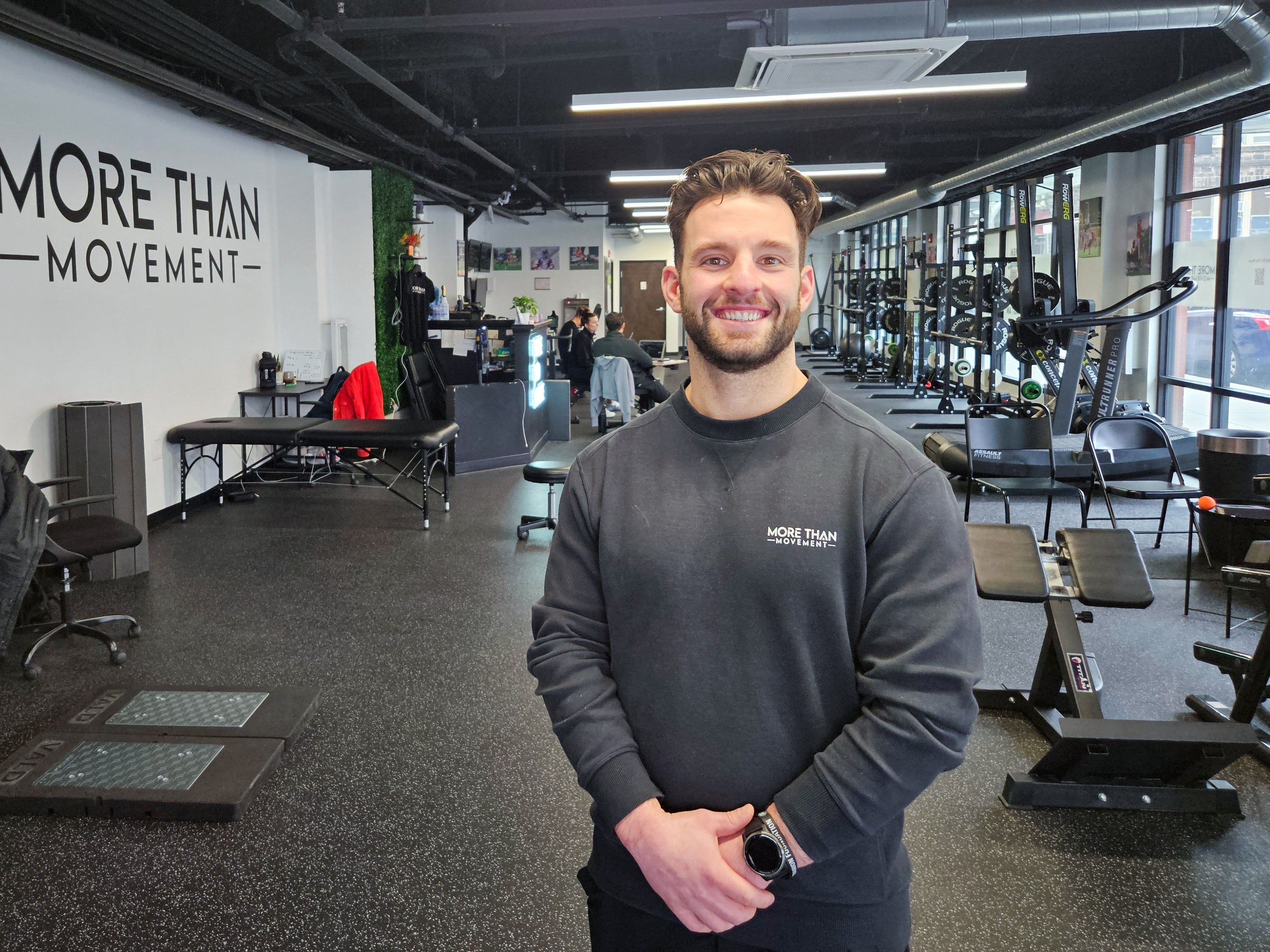
It’s just not yet clear which business models will do better in the long run — for the practice owners, their patients and the industry itself.
“I think most people get into health care with the idea of wanting to help people,” Perugini said. “Again, when you’re in that game, there’s only so many pieces you can move around to make it work.”

Get daily updates from WHYY News!
WHYY is your source for fact-based, in-depth journalism and information. As a nonprofit organization, we rely on financial support from readers like you. Please give today.


